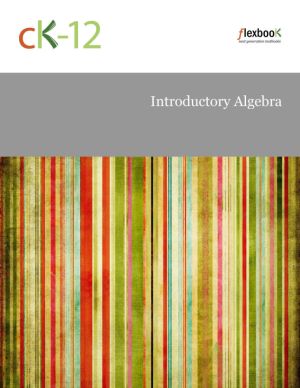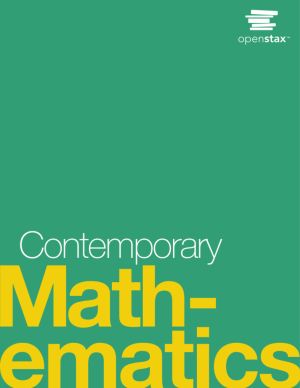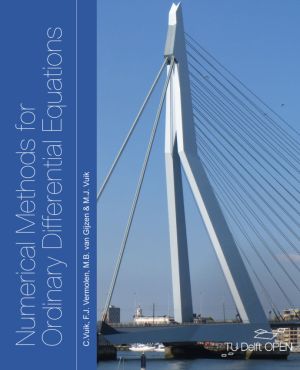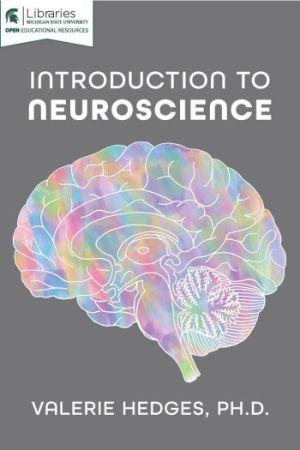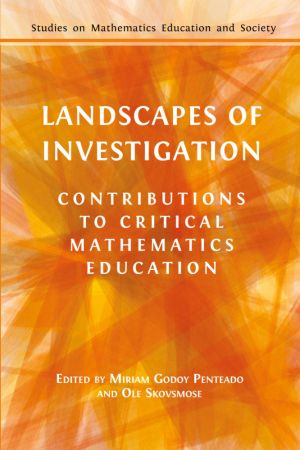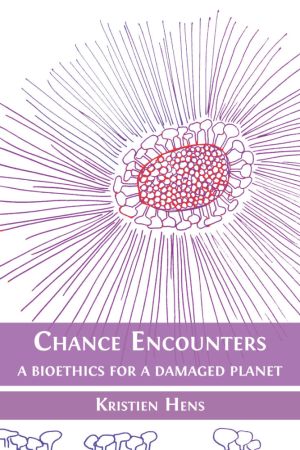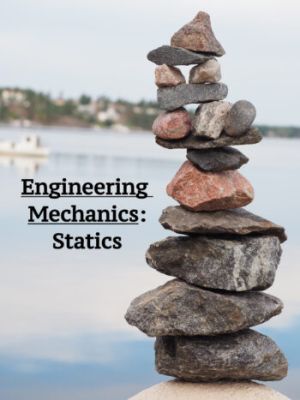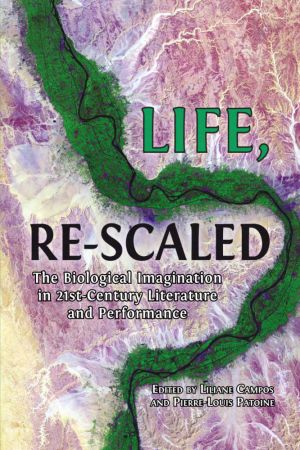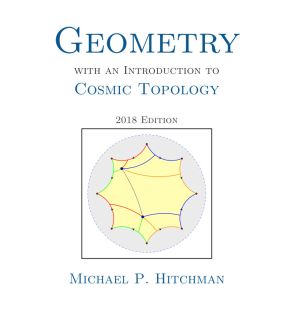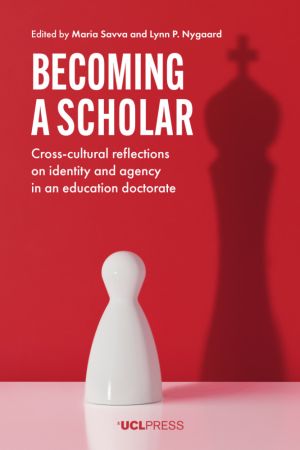Science and Mathematics
Free Download Open Books
by Anne Gloag, Andrew Gloag, Melissa Kramer
In order to represent real life situations mathematically, we often use symbols to represent unknown quantities. We call these symbols variables. Each mathematical subject requires knowledge of manipulating expressions and equations to solve for a variable. Careers such as automobile accident investigators, quality control engineers, and insurance ...
by Donna Kirk
Contemporary Mathematics is designed to meet the scope and sequence requirements for a liberal arts mathematics course. This resource provides stand-alone sections with a focus on showing relevance in the features as well as the examples, exercises, and exposition. Contemporary Mathematics integrates technology applications, projects, and highlight...
by Kees Vuik, Fred Vermolen, Martin van Gijzen
In this book we discuss several numerical methods for solving ordinary differential equations. We emphasize the aspects that play an important role in practical problems. We confine ourselves to ordinary differential equations with the exception of the last chapter in which we discuss the heat equation, a parabolic partial differential equation. T...
by Valerie Hedges
Introduction to Neuroscience is designed for undergraduate students enrolled in introductory neuroscience courses. This book specifically targets students enrolled in Introduction to Neuroscience 1 and Introduction to Neuroscience 2 at Michigan State University and primarily contains topics covered in those courses. This first edition will guide...
by Miriam Godoy Penteado, Ole Skovsmose
Creating landscapes of investigation is a primary concern of critical mathematics education. It enables us to organise educational processes so that students and teachers are able to get involved in explorations guided by dialogical interactions. It attempts to address explicit or implicit forms of social injustice by means of mathematics, and also...
by Kristien Hens
In this rigorous and necessary book, Kristien Hens brings together bioethics and the philosophy of biology to argue that it is ethically necessary for scientific research to include a place for the philosopher. As well as ethical, their role is conceptual: they can improve the quality and coherence of scientific research by ensuring that particular...
by Libby (Elizabeth) Osgood, Gayla Cameron, Emma Christensen
Introduction to engineering mechanics: statics, for those who love to learn. Concepts include: particles and rigid body equilibrium equations, distributed loads, shear and moment diagrams, trusses, method of joints and sections, & inertia. This is the first of two courses to describe how objects move and the forces that cause motion. This co...
by Liliane Campos, Pierre-Louis Patoine
This edited volume explores new engagements with the life sciences in contemporary fiction, poetry, comics and performance. The gathered case studies investigate how recent creative work reframes the human within microscopic or macroscopic scales, from cellular biology to systems ecology, and engages with the ethical, philosophical, and political i...
by Michael P. Hitchman
Geometry with an Introduction to Cosmic Topology approaches geometry through the lens of questions that have ignited the imagination of stargazers since antiquity. What is the shape of the universe? Does the universe have an edge? Is it infinitely big? This text develops non-Euclidean geometry and geometry on surfaces at a level appropriate for ...
by Maria Savva, Lynn P. Nygaard
Becoming a Scholar provides a window into the lives of nine non-traditional doctoral students. As mature, part-time, international students enrolled in a professional doctorate programme, they reflect on the transformation process of becoming scholars, and their narratives provide breadth and depth to themes that represent a diverse cross-section o...

